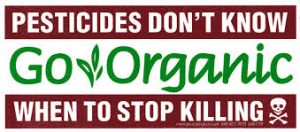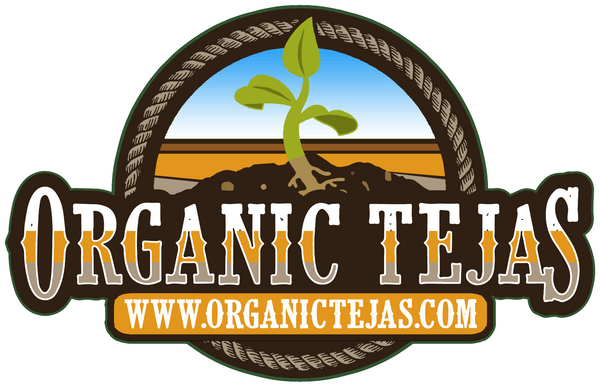
The Hidden Hazards: Using Pesticides in Your Fall Garden
Sam BrownShare
As summer transitions into fall, gardeners across Texas eagerly anticipate the cooler temps and the planting of their fall crops.. In the rush to protect these crops from pests, many turn to pesticides as a quick solution. However, the use of pesticides, particularly in the fall garden, poses a series of risks not just to our fragile environment, but also to our health and the health of beneficial creatures. Here's a deeper dive into the dangers associated with pesticide use during the fall season.
1. Lingering Residues and Winter Crops
Fall is the time when many gardeners plant winter crops. Using pesticides now means there’s a risk these chemicals will linger in the soil, affecting the plants that are sown for winter harvest. Residues can remain in the soil for months, leading to the potential contamination of crops we intend to consume.
2. Endangering Beneficial Insects
Pesticides often do not discriminate between harmful pests and beneficial insects. In the fall, many beneficial insects are preparing to overwinter. Using pesticides can drastically reduce their populations, which means fewer natural predators to keep pests in check come spring. This includes creatures like ladybugs, spiders, and predatory beetles. Protecting the natural systems that organically control pests is a key component to being able to eliminate pesticides altogether.
3. Threat to Pollinators
Bees, butterflies, and other pollinators are still active in the fall. These vital creatures, already facing severe threats across the Hill Country, can be harmed or killed by pesticides. With pollinators playing a critical role in our food production, protecting them is of utmost importance. Without pollinators our entire gardens - and our overall food supply - are threatened.
4. Runoff Risks
Fall often brings with it increased rainfall (or in our case, “some” rainfall). This can lead to pesticides being washed away from gardens and into local streams, rivers, lakes and aquifers. These chemicals can contaminate drinking water sources, harm aquatic life, and disrupt increasingly delicate freshwater ecosystems.
5. Human Health Concerns
Exposure to certain pesticides has been linked to a range of health issues in humans, from short-term ailments like skin irritations and nausea to long-term problems such as reproductive issues, endocrine disruption, and even certain cancers. With families often spending more time outdoors during the (dare I say it) “pleasant” fall weather, the risk of exposure increases.
6. Resistant Pests
Over time, pests can develop resistance to commonly used pesticides. This means that each subsequent application becomes less effective, leading gardeners to use more of the product or turn to even stronger chemicals. This vicious cycle can escalate the associated environmental and health risks. We need to break the cycle now before lasting damage is done. We can start by improving soil health (encouraging rich microbiology below ground) and by creating safe environments for our natural “good” insects above ground.
Alternative Solutions
Given these risks, Texan gardeners might consider alternative, more sustainable methods of pest control:
- Integrated Pest Management (IPM): This involves a combination of practices including introducing beneficial insects, crop rotation, and using natural predators.
- Biological Controls: Introducing natural predators or pathogens can help manage pest populations.
- Cultural Practices: This includes methods like companion planting, where certain plants are grown together to deter pests.
- Organic Pesticides: If you must resort to using a pesticide, consider those that are organic and have a reduced environmental impact.
More to come on all of these solutions in future blogs!
Conclusion
Protecting our local fall gardens from pests is essential, but it's equally (if not more) vital to ensure we're not causing more harm than good. By understanding the risks associated with pesticide use and exploring alternative pest control methods, we can enjoy bountiful harvests without compromising the health of our beautiful (but fragile) local environment or ourselves.
